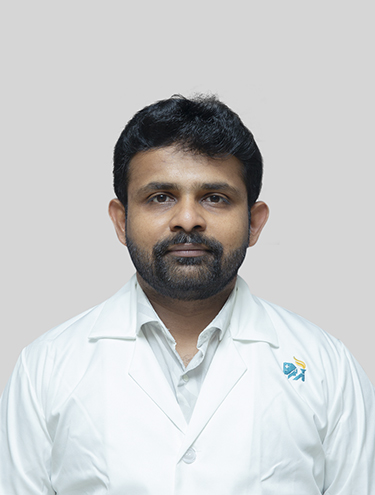Best Doctors for Sciatica in Chennai
Sciatica is a condition characterised by severe pain radiating from the lower back down one leg due to irritation or compression of the sciatic nerve, the longest nerve in the body. Causes of sciatica include lumbar spinal stenosis, degenerative disc disease, spondylolisthesis, herniated discs, arthritis, and bone spurs. Risk factors for sciatica include ageing, diabetes, obesity, a sedentary lifestyle, and occupations involving heavy lifting.
In Chennai, the fast-paced lifestyle and high-stress environment may contribute to sedentary habits among residents, leading to conditions like sciatica. Consulting with the best doctors for sciatica treatment can provide significant pain relief and advice on necessary lifestyle modifications for managing the condition effectively. At Apollo Hospitals, patients receive comprehensive care and expert guidance to navigate the challenges of sciatica with ease and confidence.









 Call Now
Call Now








